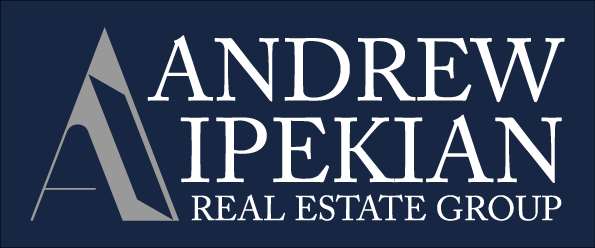If you haven’t seen it already, someone will likely send you in the next little while the latest citizenry-rousing article from Toronto Life. Especially if you are actively looking in Toronto’s real estate market.
In it, Toronto Life debuts a tool that it claims will help people identify the best* neighbourhood in Toronto, depending on how they weight 10 key attributes as desirable or necessary. Attributes like safety, community, diversity, health, transit access, among others.
We’re not going to lie and say we didn’t spend a lot of time playing with it. Just for the record. If nothing else, the tool provides a great way to understand how Toronto actually has 140 discreet neighbourhoods. Wow.
But after a couple minutes (fiiiine, hours), it became quite obvious that, while useful in a macro kind of way, tools like this will never be able to truly help people understand what a Toronto neighbourhood is really like. And that is exactly what one wants to know before making that purchase plunge.
Apart from the fact that the tool uses 2016 data (pretty significant gap to today’s real estate market) there’s a big difference between knowing how manyschools there are and knowing what their EQAO scores were last semester.
And what about things like new schools being built? Or anything being built – is the place full of dust and dump trucks? And what’s the housing stock like? Is it old and being modernized? Or is the renovation phase pretty much done? What about new condo developments? Are the high-rises being kept out, or they infiltrating? All these considerations are hugely important when considering a neighbourhood, but this tool doesn’t help with any of them.
Now, that probably wasn’t the intent, but we couldn’t help but think that someone might use it to make the biggest financial decision of their life – buying a piece of property.
And that made us remember that one of the most important things about what we do is providing to our clients the most up-to-date information on the granular, but important, things about their prospective new neighbourhood.
So if someone tells you that you should use this to choose a neighbourhood in Toronto to house-hunt, we agree – sort of. At a high level it’s great. But at a affect-your-daily-commute level, you’re going to want better, more local, more personalized advice.
If you’re hunting and want that kind of advice, we have lots.



